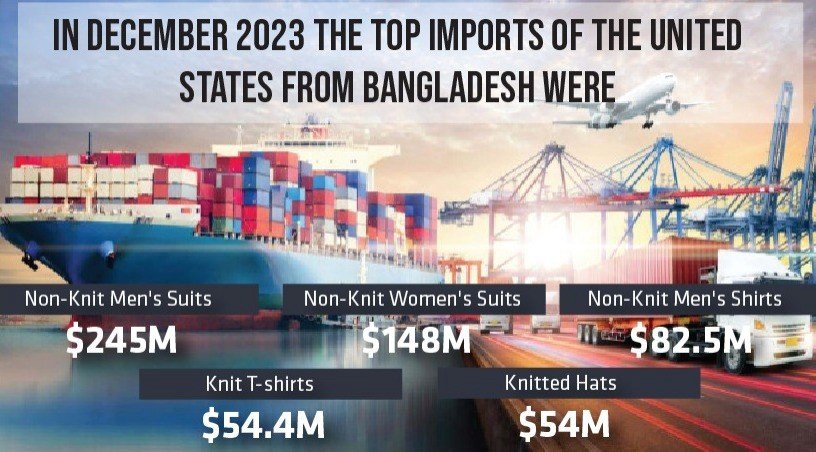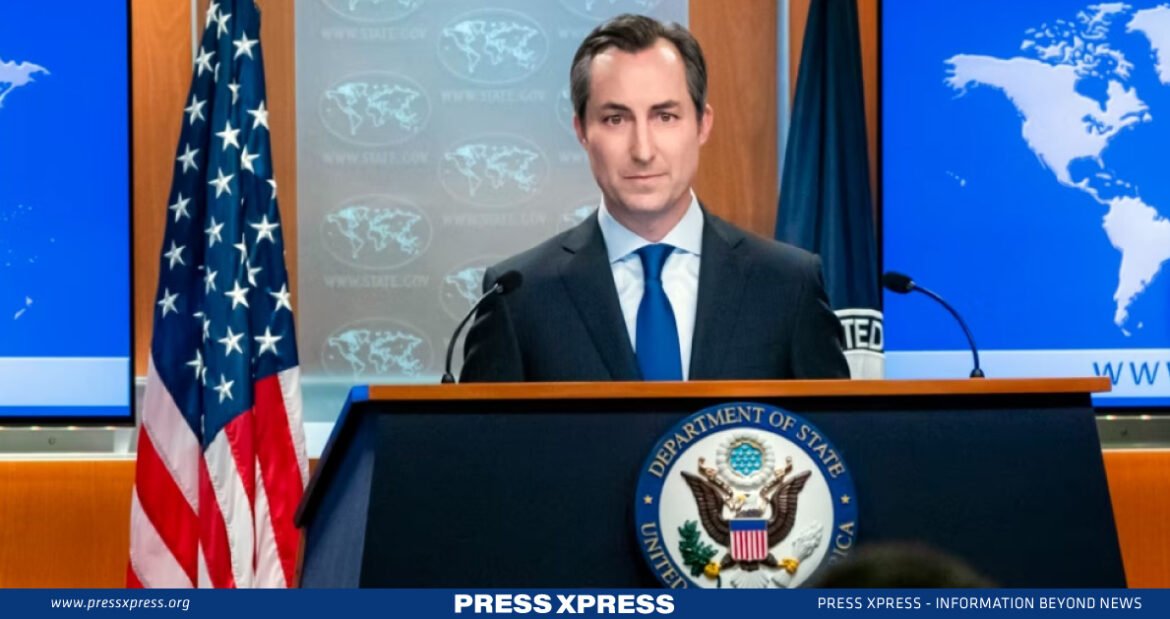In recent years, the United States has recognized the strategic significance of fostering strong diplomatic ties with Bangladesh, a country with a burgeoning economy and a pivotal role in the region. As the world continues to witness geopolitical shifts and economic transformations, the US has actively sought to deepen its engagement with Bangladesh, recognizing its potential as a key ally in promoting regional stability, economic growth, and shared democratic values.
Simultaneously, the United States has further fortified its longstanding alliance with India, the world’s largest democracy and a rapidly emerging global power. Over the years, the relationship between the two nations has evolved beyond mere geopolitical interests to encompass shared values, economic cooperation, and strategic collaboration in various domains, ranging from defense and security to trade and technology.
The US Strengthening Ties with Bangladesh
Bangladesh, with its strategic location in South Asia, has emerged as a crucial partner for the United States in advancing mutual interests in the region. The relationship between the two countries has significantly evolved, marked by mutual respect, cooperation, and a shared commitment to democratic principles.
One of the key pillars of the Bangladesh-US partnership is economic cooperation. The United States has been a major contributor to Bangladesh’s economic development through trade, investment, and development assistance programs. Bilateral trade between the two countries has been steadily growing, with the United States being one of Bangladesh’s largest trading partners.
Additionally, American companies have increasingly invested in various sectors of the Bangladeshi economy, including garments, textiles, and energy, contributing to job creation and economic growth in both countries.
Over the past five decades, Bangladesh’s economy has transformed from primarily agricultural to one with the potential to play a significant role in global supply chains. Its impressive growth trajectory and receptiveness to U.S. private sector investment create a promising market for the U.S.

In 2023, imports from Bangladesh to the United States totaled $8.67 billion, as reported by the United Nations COMTRADE database on international trade. The latest update on United States imports from Bangladesh, including data, historical charts, and statistics, was recorded in March 2024.
For the last two decades, Bangladesh’s economy has consistently grown at a rate exceeding 6 percent annually. As the largest importer of Bangladeshi products, the United States imported goods worth $8.3 billion in 2021. U.S. companies have also emerged as the leading foreign investors in Bangladesh, making the United States the primary source of Foreign Direct Investment (FDI) in 2021. Their investments, totaling $4.3 billion, constitute approximately 20 percent of the total FDI stock in Bangladesh.
These investments predominantly focus on sectors such as natural gas extraction, banking, insurance, and power generation. Additionally, U.S. companies contribute significantly to Bangladesh’s transportation and infrastructure domains by supplying high-quality airplanes, locomotives, power generation turbines, and dredging equipment, among other products.
The strengthening commercial ties between the United States and Bangladesh are further underscored by the establishment of the U.S.-Bangladesh Business Council in 2021, solidifying the commitment to mutual prosperity and cooperation.
Other assistance to Bangladesh from the U.S.
The United States has been a significant development partner for Bangladesh, assisting in areas such as-
- Education: The United States supports Bangladesh in enhancing its education system through various programs, scholarships, and educational exchanges.
- Healthcare: Through collaborations and aid programs, the United States assists Bangladesh in improving healthcare services, combating diseases, and promoting public health initiatives.
- Infrastructure Development: The United States plays a crucial role in infrastructure development projects in Bangladesh, including transportation, energy, and telecommunications.
Through initiatives like the Partnership Dialogue and the Millennium Challenge Corporation Compact, the US has demonstrated its commitment to supporting Bangladesh’s efforts towards sustainable development and poverty alleviation.
Importance and Values of Bangladesh to the U.S.
Strategically, Bangladesh holds immense importance for the United States in promoting regional stability and security. With its active participation in international peacekeeping missions and counter terrorism efforts, Bangladesh has emerged as a key player in combating global security threats. The United States has partnered with Bangladesh in various security initiatives, including military training programs and intelligence sharing, to address common challenges and enhance regional security cooperation.

Sharing values
Furthermore, the two countries share a common commitment to democratic values and human rights. The United States has consistently supported Bangladesh’s democratic institutions, civil society organizations, and media freedom, emphasizing the importance of upholding democratic principles and protecting human rights.
Bangladesh’s in International Organizations with the U.S.
Bangladesh holds the distinction of being the largest contributor to United Nations peacekeeping operations. Additionally, both Bangladesh and the United States are members of various international organizations, including the United Nations, ASEAN Regional Forum, International Monetary Fund, World Bank, and World Trade Organization. In the Indo-Pacific region, Bangladesh actively participates in promoting regional integration through its involvement in initiatives such as the Bay of Bengal Initiative for Multi-Sectoral Technical and Economic Cooperation (BIMSTEC), Bangladesh-Bhutan-India-Nepal (BBIN) Initiative, the South Asian Association for Regional Cooperation (SAARC), and the Indian Ocean Rim Association (IORA). Furthermore, Bangladesh served as the Chair of the Climate Vulnerable Forum for its second term, which concluded in June 2022.


